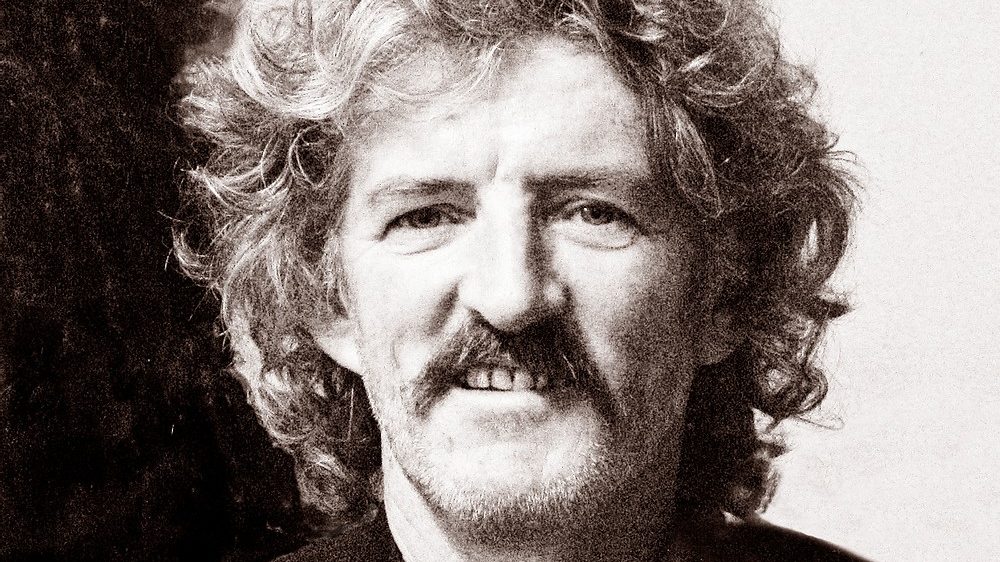Barry, your new album ‘Rhythmized’ started with your interpretation of one of the biggest West Coast classics: Player’s ‘Baby Come Back’. Was it your intention to take the listeners directly on a trip down memory lane?
My intention initially was to record an album of songs I have loved over the years as an aide-memoire for my family. Yes, all the tracks on the album were chosen to take listeners down the same road I have travelled and as each song has a story to tell of my musical history, it was considered a great opportunity to present ‘Rhythmized’ (songs and stories) as a new live show.
You worked on this album with your New Zealand compatriot Kere Buchanan, who not only played on, but also produced and arranged your new album. How did the collaboration come about?
I was privileged to be asked to sing on Kere’s ‘Goodbye Yesterday’ album on a song called ‘Miss Josephine’. At the time I had been hesitating and procrastinating over how to get it together with my own album. It was such a pleasure working with Kere. I knew he was the ‘go to man’ as I needed his vast expertise not only producing and arranging the songs but his empathetic no stress style which made me feel so comfortable during the vocal sessions
Tell us about the recording process. How long have you been working on the album?
From the day Kere agreed to work on ‘Rhythmized’ to the release date, the album took almost two years. The reason for the time it was taking was simply because as each step was taken, the more excited we became and the more money we had to come up with to make sure we were not short changing the project.
After leaving New Zealand in 1969, you had actively experienced the musical ‘New Zealand invasion’ of Australia. You was amongst other the voice of the legendary Australian progressive hard rock band Bakery in the 70s. What characterized the Australian music scene of the 70s? And how big was the influence of the American West Coast sound on the scene down under?
I was fortunate to be in a very successful Pop group in New Zealand called the ‘Simple Image’, we had a top selling album and quite a few charting singles including a No. 1 hit called ‘Spinning Spinning Spinning’. Australia was the logical next step in our careers as the population was such that we were able to explore a wider spectrum of music. We arrived in Australia at the time of American Servicemen on RnR (Rest and Recreation) being on leave from the Vietnam War. This transformed Sydney into a West Coast Rock and Soul haven, which gave us the opportunity to play the style of music we loved.
You’ve sung as a session singer with the best – George Duke, Elvin Bishop and Tom Jones to name a few –, but all started with Frank Zappa back in 1973. Tell us about your collaboration with Zappa. How did that happen?
I was working with ‘Bakery’ in a club called Chequers in Sydney when in walked Frank Zappa and friends just as we were doing our version of ‘Road Ladies’. Unbeknown to us Frank and the Mothers of Invention had just arrived in town to promote ‘Overnight Sensation’ and ‘Apostrophe’. At the end of our set his tour manager Martin Perellis came back stage and said Frank would like to talk to me. We agreed to meet the next day and I was offered a job singing in the band, the offer was for me to be available to travel and work with the band on their Australian tour. At the end of the tour I was told I had passed the audition and to pack my bags and be in Los Angeles in three weeks to rehearse for an English tour. At the time I was signed to Festival Records, Frank seemed to think his legal dept could sort out a suitable deal between both parties, this did not happen and I was eventually told that due to my contract with Festival, Zappa would not be able to bring me into the band.
You also worked with Jeff ‘Skunk’ Baxter of The Doobie Brothers. How big was the influence of The Doobies on your musical development? Please tell us about the collaboration.
As the album title suggests, I am very much into Rhythm, Feel and Melody and the Doobie Brothers tick all those boxes for me. I was lucky enough to do a series of gigs with the great Jeff ‘Skunk’ Baxter in Sydney, working with him was a total inspiration and one which I will never forget.
With The Barry Leef Band you’ve been performing your successful ‘Classic & West Coast Rock’ shows for almost two decades. As a musician and as a connoisseur of West Coast music, what does the people still excite about the California sounds of the 70s? And what characterizes a perfect West Coast song for you?
Personally and probably being a little biased, I feel blessed to have been part of a generation listening to West Coast music and to be able to witness some of the finest singers and musicians this world has ever produced. It is an absolute pleasure to play for and connect with the same minded folk who have that joy of being affected by and their appreciation of the music that is ‘West Coast Rock’
Can we expect a tour in Europe for the new album?
If ‘Rhythmized’ created a demand to tour in Europe through album sales, I would definitely consider touring in that part of the world.
Barry, a last question: As a session singer you did not only lend your voice to world stars, but also to hundreds of TV and radio advertisements during the last 30 years. Are people still turning around, when they hear you speak or sing? And how do you react, when they ask you, if you are the voice of McDonalds or Coca Cola?
Luckily most people don’t know who sings what on most radio an television commercials, so only very occasionally will someone pick your voice to which I would gladly buy them a drink for their discerning prowess.
Thank you so much for this opportunity to say hello. Cheers Baz.
Photo: Barry Leef
This interview was first published on June 14, 2018.

